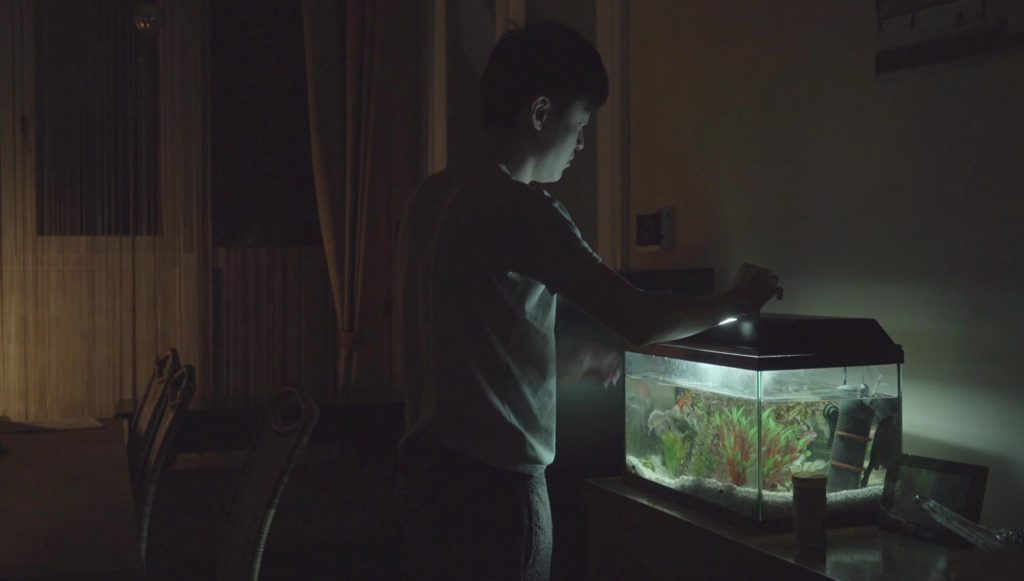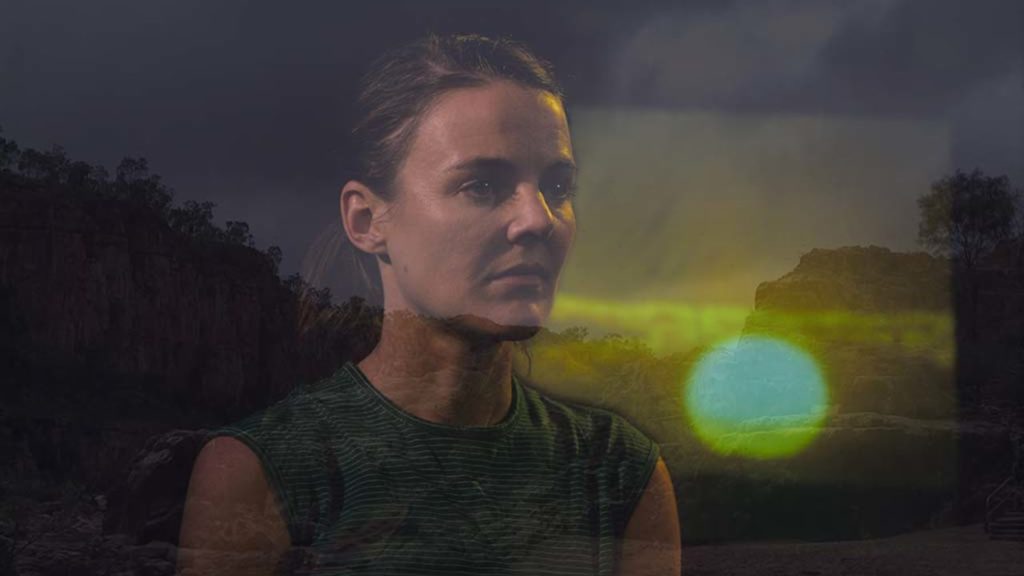Reflections 10
As it is for many, we are, in England, in a second lockdown. Though I personally never fully “unlocked” after the first one, I am angrier and more apathetic now. Angry that the UK government waited so long, until the numbers were really bad, before putting public health before economy, and apathetic about this form of stasis ever ending. I feel stuck. All I want to do is move.
Film festivals keep coming and going online; I see the emails and the press releases reminding me that I have days and then hours left to watch deep, clever programming that my mind and body have no space to entertain. Kurzfilmtage Winterthur has taken place and I have watched only one film. Home Abroad (2017), in the programme ‘Home Not Home’, is about being Taiwanese in Europe. It is, of course, political. It starts with an image of a Taiwan Passport. But, perhaps now more than before, I am unable to resist the urge to universalise the experience.

I know it is a form of erasure, to make something that is not in any way about you, about you. But I do it anyway. Because I am lonely, literally isolated, and frankly fed up. And so, at best, in an effort to connect, I make everything about me. More probable, I do it because of my privilege; the tendency for self-indulgence is deep set in my white, cis, straight, middle-class psyche. The themes in Home Abroad are not universal: they are of Taiwanese identity and living in Europe during the Sunflower Student Movement. But when Wang Boan talks about being “furious all the time”, and questions the concept of homesickness, it strikes my #relate button like a match.
My other home, Melbourne, has just come out of their second lockdown. I am so happy for friends and family there who are now able to safely restart their social lives. I am furious at everyone in England, who can’t or won’t give up their social lives, still. Australia has less than 1000 deaths, England has more than 45,000. And it’s not just a question of population and density. I wonder how we will judge, in the future, the way different countries, governments, and people dealt with Covid-19. I wonder which histories will prevail and which will be erased.
I’ve also just joined a radical book reading group, where we will read, together, and aloud, So Mayer’s a Nazi Word for a Nazi Thing (2020). The book is about what has been erased – Entartete ‘Kunst’ (Degenerate ‘Art’) – and the people, lives, and experiences that were erased with them. Mayer talks about the ideology of erasure, something that contains cinema’s history of being as a material for destruction. “Cinema is, in fact, war by other means,” they write. Mayer points to nitrate, war photography, technological developments funded by the US military, and the industry of “fictional stagings” known as newsreels to highlight this “complicit history of cinema.”
And, as Foucault would remind us, power is relational, giving us resistance and transgression wherever suppression is imposed. So, the questions begs us, what are we going to do about it?
Joanna Callaghan, Professor of Filmmaking at the University of Sussex, has spent years recording, in an effort to use cinema as a tool. A “lifelong habit” she calls it in her film Record (2020), “a way to keep secrets, and to slow down time.”

The film is comprised mostly of her own archive; photographs, home and amateur video from the 1990s, interviews with her family, clips from her own short films, miscellany and other emotionally loaded objects from her past. But she has also inserted a kind wealth of public archive, one of which I am especially activated and unnerved by. Barry Humphries was on television my entire childhood. So, when I see his face appear in Callaghan’s doc, I am taken aback, and back to my younger years. He is speaking as himself, in a film I have not seen but already feel deeply,Stefan Sargent’s The Australian Londoners (1965). Humphries talks about the responsibility Australians feel to “make good” when they come to London. I wince knowingly at this line.
I moved to London when I was 21. I thought I’d belong because I was born there. I didn’t. I don’t. I wanted to go to RADA (Royal Academy of Dramatic Arts), and I wanted to be an actress. I’ve never even auditioned. For Callaghan, the drive to succeed is not just important, but a sort of imperative of being. Her film starts with her in a huff about working hard and it not being enough. This film is both proof and the fruit of her labour, her work ethic. She is a filmmaker; she has recorded it all.
There is a short conversation in the film that Callaghan has with her father, who has a degree specialising in Australian History. She asks him about convict heritage. He talks about the Irish and “crimes against property”. It is often forgotten, especially among the English who think it’s funny to call an Australian a convict, that the embarrassment has shifted over time and that many see the shame they were dealt for being poor as a crime of power. Perhaps it is this sentiment that motivates so many Australians to “make good” in London. A shame that London and the powers that built it are too busy being austere to ever notice.
Callaghan’s film is born of a desire to achieve, its content proves that, through the impetus to record. It’s a form of certainty, or assuredness at least, and it is tinged with so much hope that now I am embarrassed by my own erasure; of my struggle to achieve and even of my dream itself – how often do I admit even to me that I wanted – still want – to be an actress?
In one especially irritated, het up moment, Callaghan records herself, asking her future self, if she really will understand the moment she is in much better in the future, a sort of future taunt and a giant two fingers stuck up at the concept of time as recourse. She burns pages and photos, a symbolic letting go. But that we see some of those photos is not really to erase them at all, as they are now, in this film, recorded.
I wonder what it means for Callaghan to truly let go and what it would mean for me to be able to move again – to go to another place, to physically attend a film festival and sit my butt and my body down long enough to engage with something on its own terms. I spent the first half of this year hoping that would be IFFR 2021, but I am resigned to watching what I can from my sofa at home. Their model is hopeful, though, with the potential promise of outdoor screenings in the summer. Berlinale, my inbox tells me, are pressing ahead. I’m to apply for my accreditation if I want to attend, but I can’t help thinking their thinking is wishful at best. Either way, when I am again allowed to move, to embody my cinema experiences, somewhere in Europe, I will no longer be European, as that too is being erased.

















2020-11-17 @ 20:22
we are of course both nurtured by nature, and victims of nature, yet we tend to forget, or repress, that we are of nature. covid19 simply reminds us that we are part of evolution, challenged by restrictions. artists know this well: the poet struggling for the phrase, the dancer pushing toward the move, the sculptor seeking the shape. some time ago, various filmmakers enjoyed the challenge of restrictions, forcing other ways of thinking, other ways of narrative. restrictions can be the torment of the victim, or the liberation of the survivor….